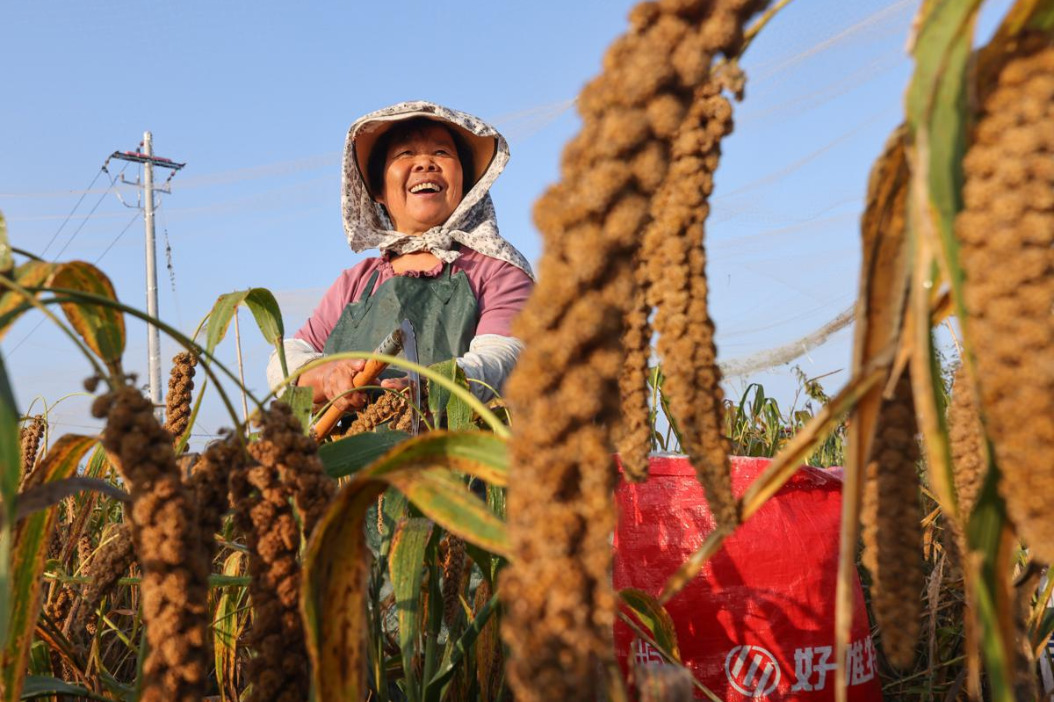Scientists build genome database for 'drying without dying' plants

BEIJING -- Drying but not dying -- some plants in nature have this "special function." Recently, Chinese scientists created a genomic database for these desiccation-tolerant plants.
The study, led by scientists from the Chinese Academy of Sciences' Xinjiang Institute of Ecology and Geography, was published in the journal Plant Physiology.
Desiccation is typically fatal, but a small number of terrestrial plants have acquired vegetative desiccation tolerance (VDT), which allows them to dry without dying and to be revived when exposed to water, according to the research.
The scientists then decided to create the "Drying without Dying" database which stores genome annotations and transcriptomes of desiccation-tolerant plants to aid in the finding of desiccation tolerance gene resource discovery.
The database contains a total of 16 VDT-related plant genomes, including 10 mosses, and incorporates 10 genomes that are closely related to VDT plants.
According to the research, over the past decade advances in sequencing technologies have enabled the investigation of genomes for desiccation-tolerant plants. However, there is a lack of these valuable genomic resources in the dedicated and integrated database.
"We expect this initial release of the 'Drying without Dying' plant genome database to help facilitate future discovery of VDT genetic resources," said the study.
- Nineteen provinces invest billions toward Xinjiang’s education development since 2012
- China launches 11th batch of internet satellites to boost global network
- Authorities warn of COVID-19 rebound and rise in other respiratory diseases
- China marks 2,576th anniversary of Confucius' birth
- Central delegation continues to visit officials, residents in multiple areas of Xinjiang
- China forecast 2.36b trips during National Day, Mid-Autumn holiday




































